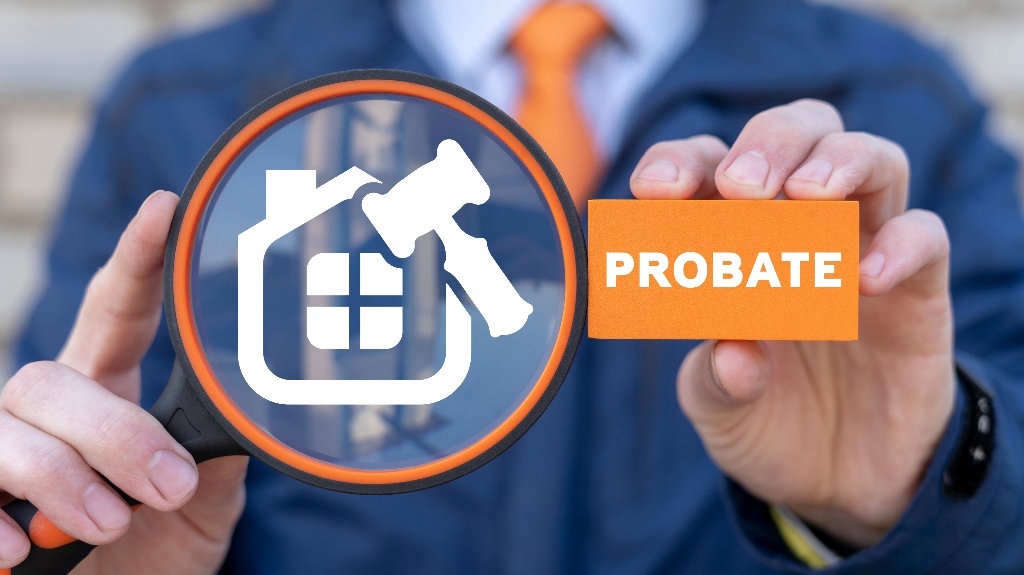
When an individual passes away, the ownership of their property and assets will be transferred to their rightful heirs through a legal process known as probate. However, one thing to understand is that in Louisiana, the probate process is unique. For starters, the laws in the state do not technically use the term probate. Rather, probate is referred to as succession.
In the upcoming post, we will delve into the probate process in more detail. This will give you a better understanding of what it involves, its implications for you and your loved ones, and how a skilled Louisiana succession attorney can assist you through it.
What Do You Need To Know About Succession in Louisiana
The probate process in Louisiana is known as succession. A succession transfers property ownership legally from the individual who died, also known as the decedent, to the individual who will own the property next, or the heirs. However, in Louisiana, succession is not always required.
Typically, an estate will have to go through succession in Louisiana if it is worth $125,000 or more. This is regardless of whether the individual died with or without a Last Will and Testament. However, it should also be noted that the estate value is different from the value of the decedent’s assets.
Do All Assets Pass Through Succession in Louisiana?
Certain types of property and assets are excluded from the succession process. Specifically, the following types of property will bypass the probate process regardless of the amounts involved:
- Life insurance policies: These policies have named beneficiaries, and the proceeds from the life insurance will pass to the beneficiaries outside of the succession process.
- Retirement accounts: Retirement accounts such as 401(k)s, IRAs, and 403(b)s, with named beneficiaries, will pass outside the succession process.
- Certain bank accounts: Some bank accounts such as joint bank accounts or bank accounts with transfer on death or payable on death designations will pass outside of probate.
- Revocable trusts: If property is held in a revocable trust, it will pass to the trust’s beneficiaries without having to go through succession.
To better understand which assets will pass through succession and which ones will pass outside of it, consider discussing the matter with an experienced Louisiana succession attorney, who can review the legal options you have.
If Probate Is Required, What Should You Do?
In Louisiana, if succession is required, there are things that an individual can do to make the process more manageable to handle. For instance:
- Create a List: Make a list of everyone that is involved in the succession process, including organizations included in your family member’s Will, possible intestate heirs, and debtors.
- Verify Assets and Debts: Make a list of all known assets and debts, including financial accounts, personal property, mortgages, real estate, loans, and other obligations.
- Find the Will: If you cannot locate the original Will, the decedent’s property will pass according to Louisiana’s laws of intestacy.
- Contact an experienced Louisiana succession lawyer: When you retain an experienced Louisiana succession attorney, these legal professionals can help you not only determine if succession is required but also assist with all aspects of this process.
Contact Losavio & DeJean To Learn More About Probate
Although the probate process in Louisiana can be a complex ordeal, you will not have to figure it out on your own. At Losavio & DeJean, LLC, our experienced succession attorneys are here to provide you with the dedicated and experienced legal counsel you and your loved ones need to get through this challenging time.
If you have further questions about the probate or succession process or want to discuss a succession issue, contact Losavio & DeJean, LLC today.

